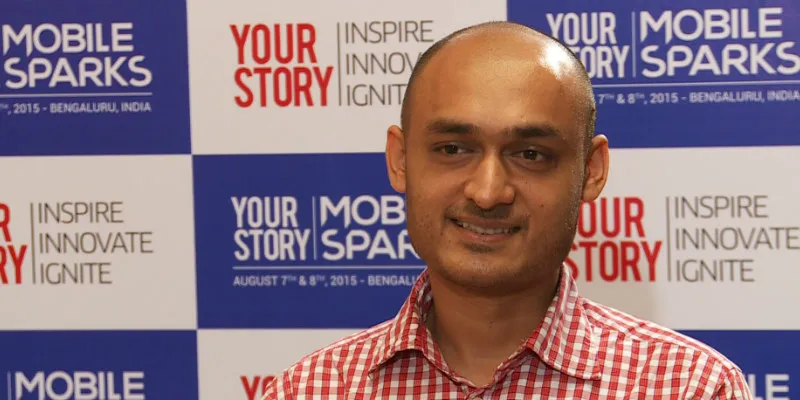Jugnoo on the fast track; to reach 40 cities by year-end

Jugnoo stands out in India’s rapidly growing hyperlocal sector. Based in Chandigarh, Jugnoo started out as an auto-rickshaw aggregator and now offers on-demand grocery and food through this auto network.
Started in 2014, Jugnoo today operates in Delhi, Gurgaon, Indore and Mumbai, apart from Chandigarh. Like Uber and Ola for taxis, Jugnoo offers customers auto-on-demand through its app. Co-founder and CEO Samar Singla says he began seeing customer demand for other services that could be fulfilled through autos. Jugnoo Fatafat is the company’s hyperlocal products platform, where customers can order groceries and other products from nearby stores that are then delivered through autos. Through Jugnoo Meals customers can get freshly cooked meals through the app.
The company does over 8,000 orders a day. Jugnoo raised $5 million in funding from investment fund Snow Leopard Ventures and e-commerce and payments solution provider Paytm in June. A month later the company acquired taxi aggregator BookMyCab, which operates in Mumbai, Kolkata and Hyderabad and is licensed to operate in Delhi.
Jugnoo’s model is very different from those of most other hyperlocal companies, which use the bike-borne delivery model. However, competitor Ola, which has also started auto-rickshaw aggregation, has now begun offering grocery delivery service. And while Ola Store is limited to Bengaluru for the moment, competition could heat up even as Jugnoo is focussed on expansion.
Hyperlocal is the hottest sector of the year, with young startups raising around $250 million. This buzz, say industry insiders, is because customer behaviour is trending towards on-demand. Increasingly, consumers are also becoming mobile-first and the hyperlocal startups are best placed to take advantage of this shift. With technology advancements in mobile-tech and location, these young companies are able to provide quick service to a growing customer base.
Samar has ambitious plans. He plans to expand to 10 cities by October and be in 40 cities by the year-end. He speaks to YourStory about his expansion plans and challenges.







